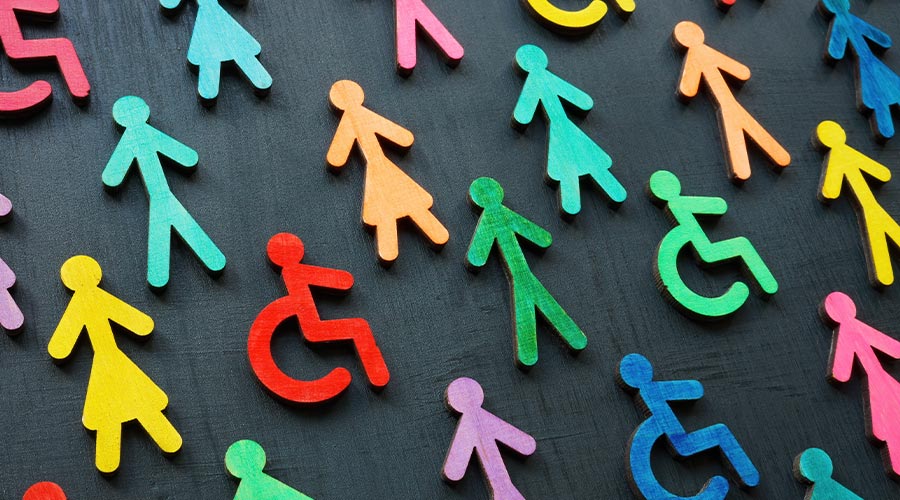
The U.S. Department of Labor (DOL) announced the award of $10.5 million to fund the first year of four, five-year cooperative agreements aimed at developing strategies to assist youth and young adults with disabilities — particularly in underserved communities — in successfully transitioning into the workforce.
The awards have been granted to the Connecticut Department of Labor, Kansas Department of Commerce, Minnesota Department of Employment and Economic Development and the New York Department of Labor.
Administered by the department’s Office of Disability Employment Policy and the Employment and Training Administration, the Equitable Transition Model Demonstration grants support efforts to identify evidence-based solutions that enhance the training and employment prospects of disabled youth and young adults. Each award recipient will focus on specific populations, determined through data analysis and needs assessments.
“The Department of Labor is committed to ensuring that all young people access the opportunities they deserve and achieve the success they desire,” says Acting Secretary of Labor Julie Su. “These historic investments exemplify the department’s bold and transformative actions to improve the education and employment outcomes of young people with disabilities, particularly those from historically underserved communities.”
These cooperative agreements will provide up to $67.1 million in funding, contingent upon the awardees’ workplans and federal funding availability.
“We know that youth and young adults with disabilities face systemic barriers to finding and thriving in employment, and for those from historically underserved communities, the barriers can be multiplied and multifaceted,” says Assistant Secretary for Disability Employment Policy Taryn M. Williams. “These cooperative agreements will help us identify the most effective strategies for dismantling these barriers, ensuring all young people with disabilities are supported and empowered to successfully navigate the transition from school to college or a career.”
Read more on the benefits of hiring workers with disabilities here.

 The Down and Dirty on Cleaning in Virus Season
The Down and Dirty on Cleaning in Virus Season How Surfactant Use is Expanding in Commercial Cleaning
How Surfactant Use is Expanding in Commercial Cleaning Clean Buildings Conference
Clean Buildings Conference